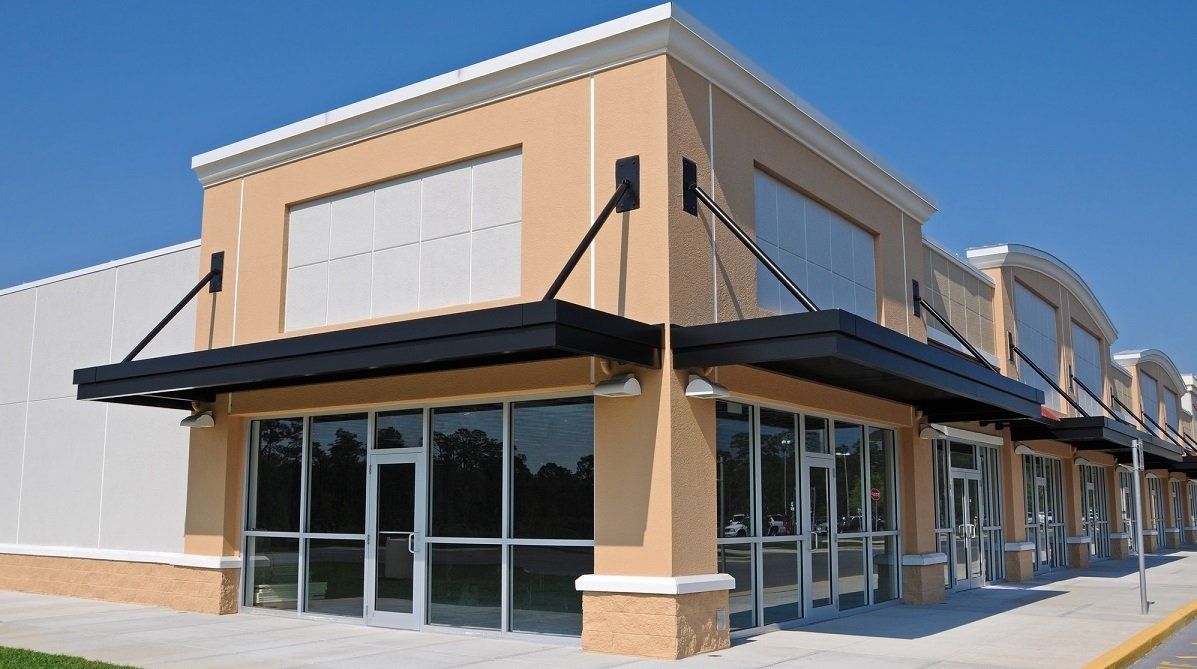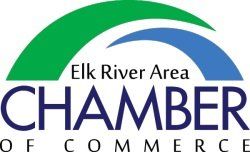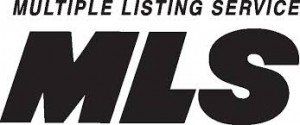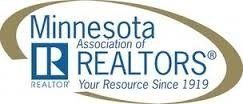Blog Layout
The Do’s and Don’ts after Applying for a Mortgage
Stephanie Danielson
You’ve found the right home and applied for a mortgage. Listed in this post are key points to keep in mind before you close.

You’re undoubtedly excited about the opportunity to decorate your new place, but before you make any large purchases, move your money around, or make any major life changes, consult your lender – someone who is qualified to tell you how your financial decisions may impact your home loan.
Below is a list of things you shouldn’t do after applying for a mortgage. They’re all important to know – or simply just good reminders – for the process.
1. Don’t Deposit Cash into Your Bank Accounts Before Speaking with Your Bank or Lender. Lenders need to source your money, and cash is not easily traceable. Before you deposit any amount of cash into your accounts, discuss the proper way to document your transactions with your loan officer.
2. Don’t Make Any Large Purchases Like a New Car or Furniture for Your New Home. New debt comes with new monthly obligations. New obligations create new qualifications. People with new debt have higher debt-to-income ratios. Higher ratios make for riskier loans, and then sometimes qualified borrowers no longer qualify.
3. Don’t Co-Sign Other Loans for Anyone. When you co-sign, you’re obligated. With that obligation comes higher ratios as well. Even if you promise you won’t be the one making the payments, your lender will have to count the payments against you.
4. Don’t Change Bank Accounts. Remember, lenders need to source and track your assets. That task is significantly easier when there’s consistency among your accounts. Before you transfer any money, speak with your loan officer.
5. Don’t Apply for New Credit. It doesn’t matter whether it’s a new credit card or a new car. When you have your credit report run by organizations in multiple financial channels (mortgage, credit card, auto, etc.), your FICO® score will be impacted. Lower credit scores can determine your interest rate and maybe even your eligibility for approval.
6. Don’t Close Any Credit Accounts. Many buyers believe having less available credit makes them less risky and more likely to be approved. Wrong. A major component of your score is your length and depth of credit history (as opposed to just your payment history) and your total usage of credit as a percentage of available credit. Closing accounts has a negative impact on both of those determinants of your score.
Bottom Line
Any blip in income, assets, or credit should be reviewed and executed in a way that ensures your home loan can still be approved. If your job or employment status has changed recently, share that with your lender as well. The best plan is to fully disclose and discuss your intentions with your loan officer before you do anything financial in nature.
If you are thinking of buying, selling, renting your home, or leasing real estate this year we’d love to hear from you! Working with experienced professionals can boost your profits!
Acuity Group
564 Dodge Ave. Suite A
Elk River, MN 55330
763-633-3535
OUR SPECIALTIES: Residential & Commercial Seller and Buyer Services, Property Management & Residential Rentals, Association Management, Residential and Commercial Investment Property Specialists, New Construction, Listing & Marketing Specialists, CDPE (Certified Distressed Property Experts), Short Sale Specialists, REO/Bank Owned Sales. Golf course properties, water front properties, acreage & hobby farms, vacant land, condos & townhomes, industrial/manufacturing/retail properties, association-maintained properties, senior housing, luxury homes, vacation & secondary housing.
Serving the following Minnesota Counties: Sherburne, Anoka, Wright, Hennepin and portions of Mille Lacs and Isanti Counties
Contact Us
Thank you for contacting us.
We will get back to you as soon as possible.
We will get back to you as soon as possible.
Oops, there was an error sending your message.
Please try again later.
Please try again later.

By Stephanie Danielson
•
May 30, 2023
You’re probably feeling the impact of high inflation every day as prices have gone up on groceries, gas, and more. If you’re a renter, you’re likely experiencing it a lot as your rent continues to rise. Between all of those elevated costs and uncertainty about a potential recession, you may be wondering if it still makes sense to buy a home today. The short answer is – it does. Here’s why.

By Stephanie Danielson
•
December 6, 2022
When we say ‘commercial real estate, simplified’ we mean it. Buying, selling, or leasing commercial property can feel stressful and even overwhelming. You want to know that you have an experienced and trusted Commercial Real Estate Brokerage on your side, working to help you achieve your goals! Serving Elk River, MN and surrounding communities since 2008.

August 31, 2022
If you put your plans on pause because of intense bidding wars in recent years, it may be time to kick off your home search. Today, bidding wars are easing and that may mean less competition for you as a buyer. If you’re serious about buying a home or making a move, let’s connect to get started today!

By Stephanie Danielson
•
August 18, 2022
Whether you’ve just retired or you’re thinking about retirement, you may be considering your options and trying to picture a whole new stage of your life. And you’re not alone. Research from the Retirement Industry Trust Association (RITA) shows 10,000 Baby Boomers reach the typical retirement age (65) every day, and only 47% of the people in that generation have already retired.















